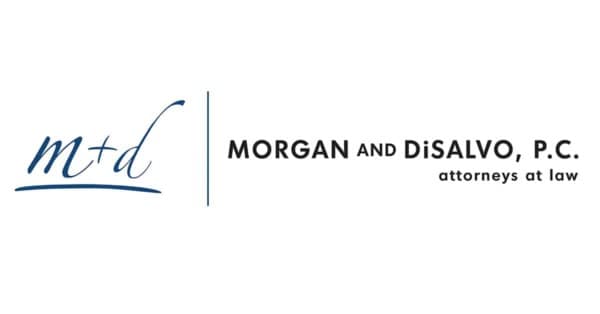Articles
Should I Use a Will or a Revocable Living Trust as My Primary Estate Planning Document? Separating Facts From Fiction (Updated July 2023)
July 26, 2021
by Richard Morgan As part of your base (core) estate plan, you need to determine if a Will or a Revocable Living Trust (RLT) should ...
Read More →
What Should You Do Now with Significant Federal Tax Law Changes Likely on Their Way?
June 9, 2021
In 2020, we provided a three-part newsletter series on “The Perfect Storm for Advanced Estate Planning.” The convergence of three significant variables made that time ...
Read More →
Plan Now to Minimize Impact of Coming Tax Changes
April 27, 2021
Morgan & DiSalvo, P.C.’s Richard Morgan discusses estate planning and balancing today’s wishes with tomorrow’s tax results on Business RadioX with John Ray. Listen now! ...
Read More →
Georgia Powers of Attorney: Where Are We Now? (Originally Published July 2017, Updated March 2021)
March 29, 2021
Beginning July 1, 2017, Georgia’s laws relating to most written, general financial powers of attorney (POAs) created by individuals changed radically. This new set of ...
Read More →
Ethical Wills 2.0: Old School and Next Level Options to Communicate What is Really Important to Your Loved Ones (Updated June 2023)
February 23, 2021
Wills, trusts, powers of attorney, and advance directives for health care are all legal documents which deal with your assets and your health. These are ...
Read More →
Hit Hard by COVID-19, but Feeling Very Grateful
December 10, 2020
Let me review my rough November 2020. I was exposed to COVID-19 at a small family birthday party at the beginning of November 2020. The ...
Read More →
How to Best Use the Temporarily Doubled Exemptions From the Wealth Transfer Taxes
November 2, 2020
Important Update: IRS issued “anti-abuse” Proposed Regulations on April 27, 2022 which limits available taxable gifting options discussed in paragraph G below. See our May ...
Read More →
Critical CARES Act Deadlines: August 31 & December 30, 2020!
August 19, 2020
The Coronavirus Aid, Relief, and Economic Security Act or “CARES Act” was enacted by Congress and signed into law on March 27, 2020. This huge, ...
Read More →




